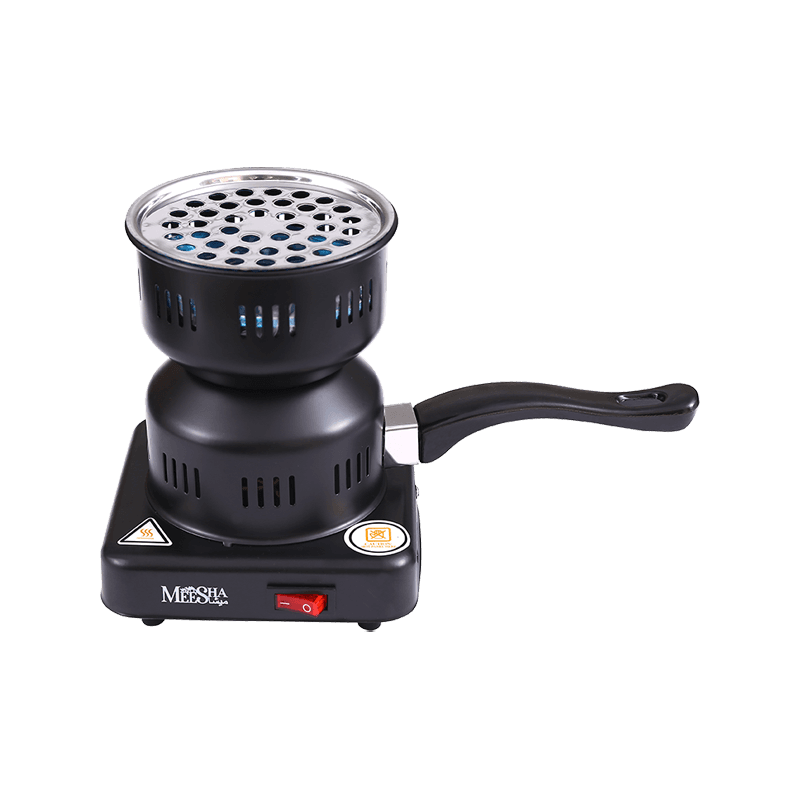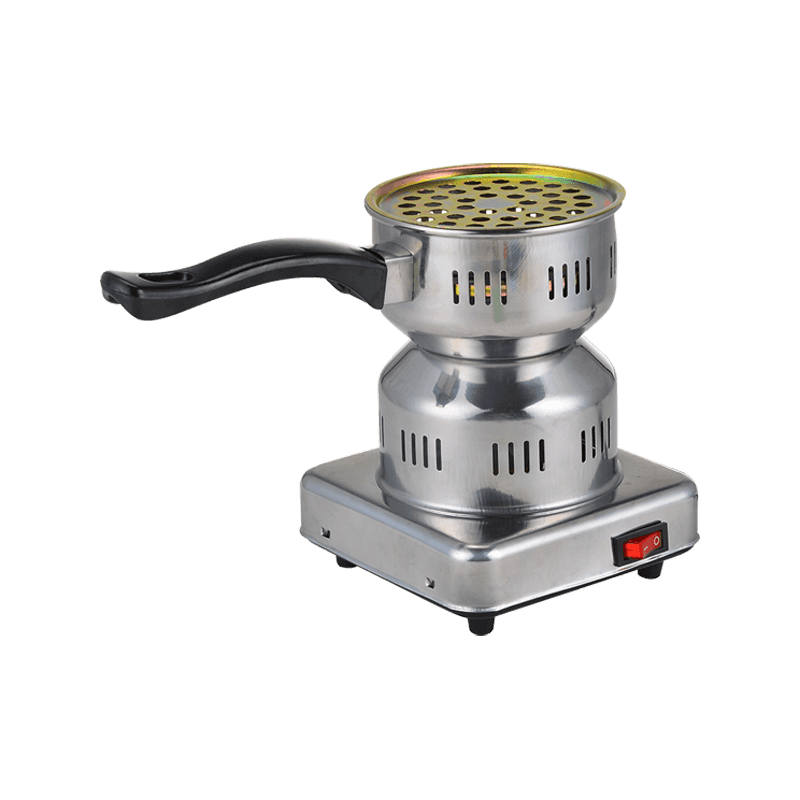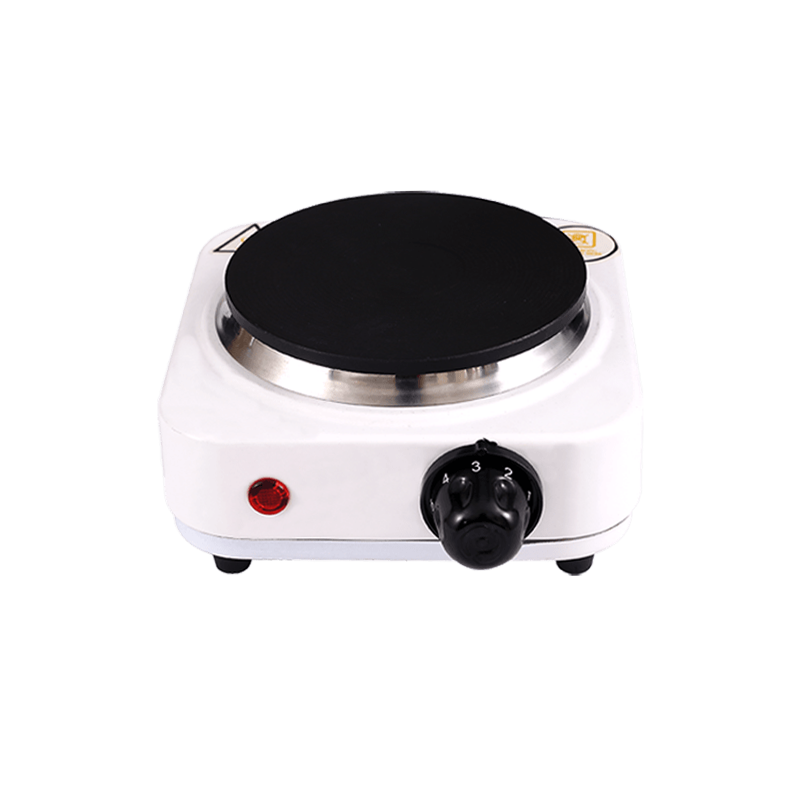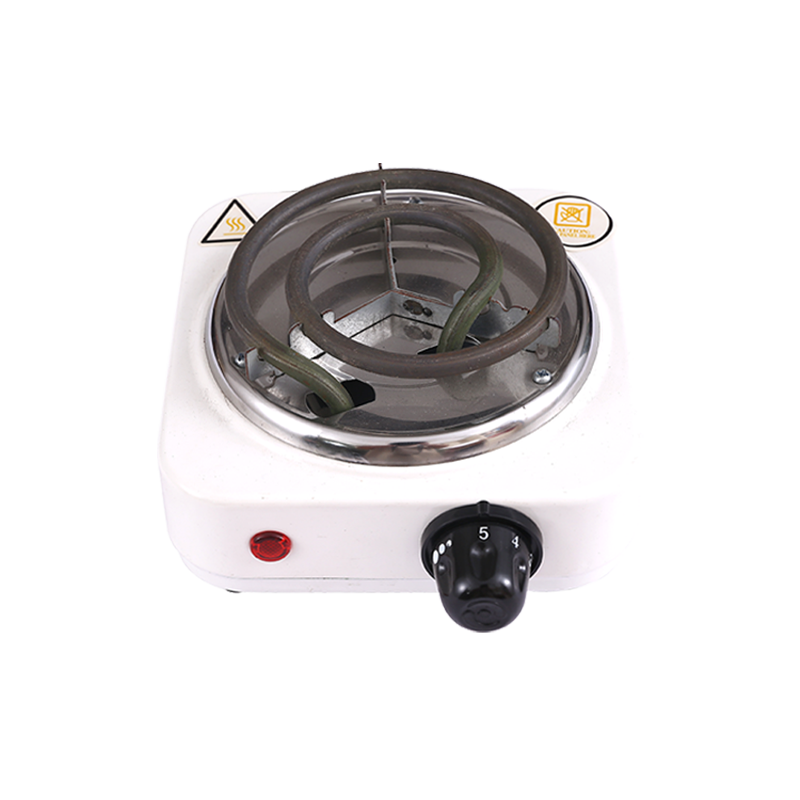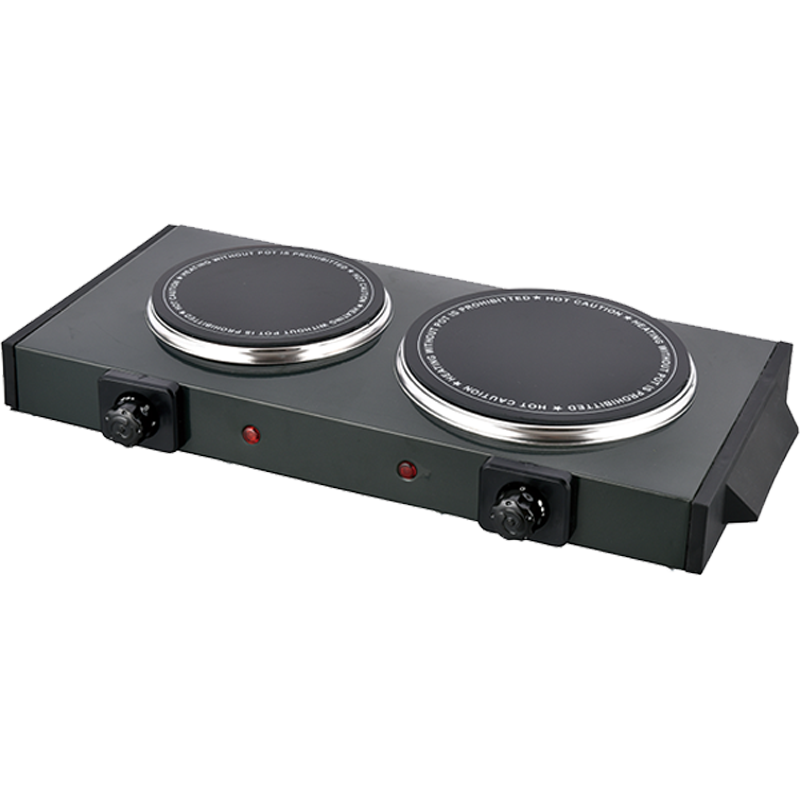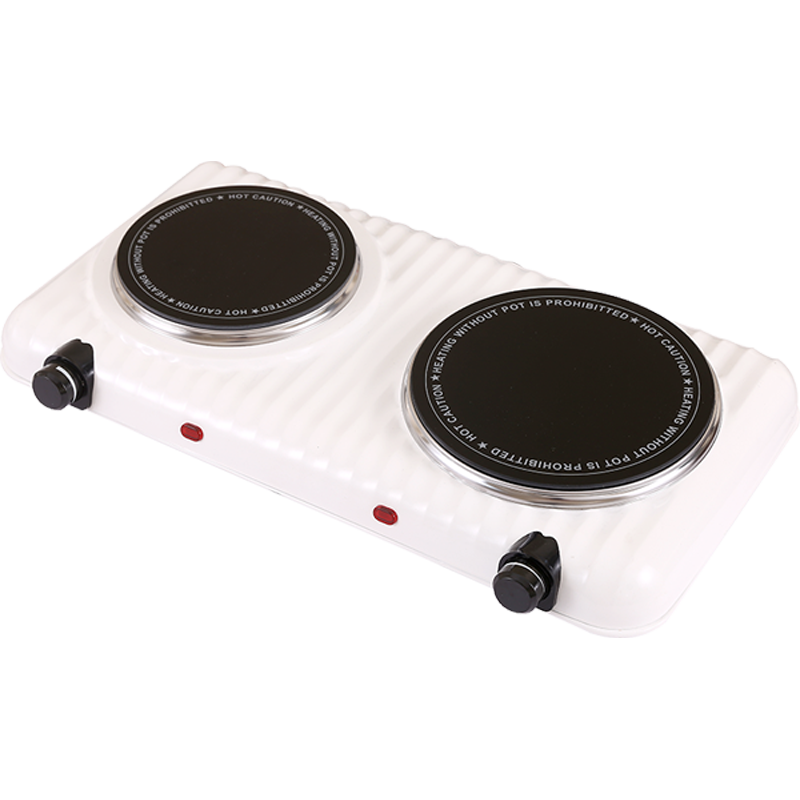+86-579-87253168
Electric Charcoal Starter vs Traditional Fire Starters: Which is Better?
When it comes to lighting a grill, the choice between an Electric Charcoal Starter and traditional fire starters often sparks debate among barbecue enthusiasts. Both methods aim to achieve the same goal—quickly igniting charcoal—but they do so in very different ways. Understanding the pros and cons of each can help you decide which is best suited for your cooking style and needs.
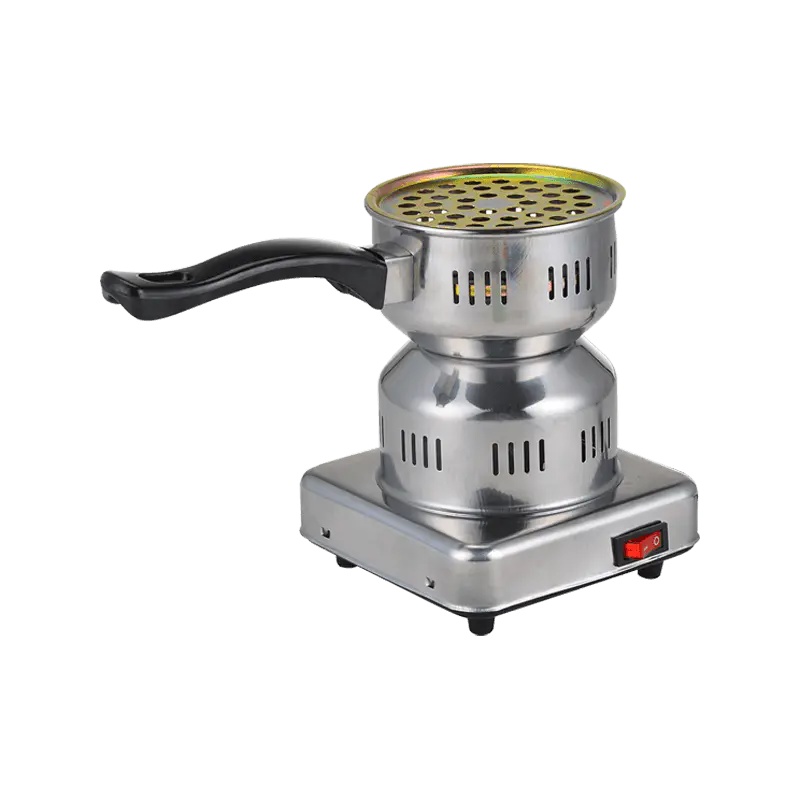
Speed and Efficiency
An electric starter uses a heated coil to directly ignite charcoal, typically taking 8–12 minutes to produce glowing embers. In comparison, traditional methods, such as lighter fluid, chimney starters, or kindling, may take longer and require more attention. For those who value predictable timing, electric starters offer a clear advantage in efficiency.
Safety Considerations
Safety is another major factor. Electric starters eliminate the need for flammable liquids, reducing the risk of flare-ups and chemical contamination. Traditional fire starters, especially lighter fluids, carry a higher risk of uncontrolled flames and can leave harmful residues on food if not burned off completely.
Flavor and Food Quality
One of the biggest drawbacks of using lighter fluid is the potential impact on flavor. Even a small amount can leave a chemical aftertaste on grilled food. Electric starters avoid this issue entirely, producing a clean burn that preserves the natural taste of your ingredients. Chimney starters, a traditional but fluid-free method, also avoid chemical flavors, but require additional handling and time.
Environmental Impact
From an environmental perspective, electric starters tend to be more eco-friendly. They use electricity instead of combustible chemicals, reducing harmful smoke and emissions. Traditional methods that rely on lighter fluid release volatile organic compounds, which contribute to air pollution.
Cost and Durability
While electric starters require an initial investment, they are reusable and can last for years with proper care. Traditional fire starters, especially consumable ones like lighter fluid or kindling, require repeated purchases over time. Chimney starters offer a more reusable traditional option, but they can rust or degrade faster than a well-maintained electric starter.
Portability and Convenience
Electric starters do require a power source, which can be limiting in certain outdoor settings like remote camping spots. Traditional fire starters, especially portable ones, have the advantage here. However, for backyard grilling or areas with electrical access, the electric option is more convenient and less messy.
Which Should You Choose?
If you prioritize speed, safety, and flavor purity, the electric option is often the best choice. However, if you frequently grill in off-grid locations or need maximum portability, traditional methods still have their place. Ultimately, the decision comes down to your cooking environment and personal preferences.
Choosing the right starter can transform your grilling experience from frustrating to enjoyable. Whether you stick with tradition or embrace modern tools, understanding these differences will help you get the most out of every barbecue session.




 عربى
عربى